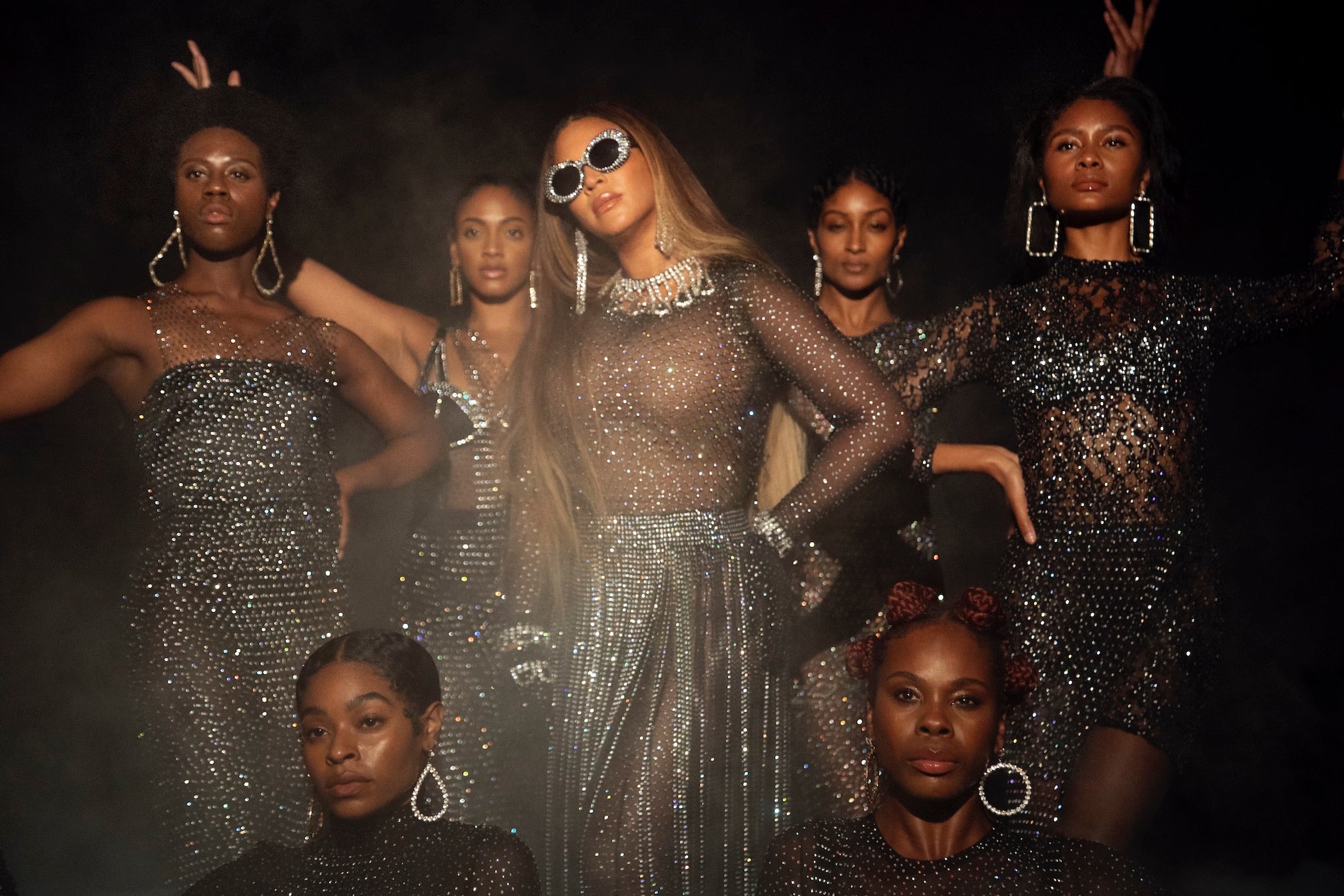“Where are your people from?”
My heart started racing as I sat crossed-legged in a New York City home far from where I grew up. He had warned me this might come up; that his family might interrogate where I was from. We had practiced this back and forth so I was prepared; I was ready. I had memorized a few words out of respect for his family’s native tongue and knew not to turn my nose up at any food that should fall in front of me. But I always hated, really despised, that question.
“I’m Black,” I said defiantly, not listening to the advice he had given me, which was to lean hard into my father’s side; my Bahamian ancestry. The ancestry that could be named.
“Where?” his aunt pressed with squinted eyes.
Out of ideas, I offered in a mumbled rush: “My mother is Black, we were enslaved…and my father is from the Bahamas.”
She looked relieved when I finally sputtered out a country name, which made me even more upset. I felt the anger creep up my neck. It was wintertime in New York, but suddenly I was hot. Since coming to New York, I had repeatedly been asked a question to which my answer never could seemed to satisfy. You’re just Black? Where are you from? Where are your people from?
I wanted to scream out the history that I knew so well. My ancestors were enslaved; their history violently stripped from their memories, their language torn from their tongues. Yet and still, I was pressed to explain a very painful truth: I had no idea where my people were from and I might never know.

So when Beyoncé purred, “You are welcome to come home to yourself,” I immediately released a bit of my ancestral shame. Because as disconnected to the continent as I have felt at times, those words reminded me of when I stepped foot in Lesotho, visiting my parents who lived there for four years as missionaries. During my two-week stay, many times I had heard the words “Welcome home” from strangers who looked just like me, and felt the same warmth that one gets from grandma’s hugs or freshly baked cookies or a knowing look from your bestie across the room. The void, intentionally caused from generations of strategic trauma, at a moment felt immaterial. Because try as they might, and they still try, my ancestors didn’t forget about me and like a prodigal son, I could come home if only I accepted the invitation.
Black Is King, a gallimaufry of stunning images born out of The Lion King’s soundtrack that Bey curated and executive produced, pulled from several countries on the continent—Egypt, Ethiopia, Kenya, Mali, Tanzania—and their cultures. Much of what African Americans know about the continent often feels like that mixture.
That was intentional too. In his 2018 book about Simon Taylor, who was at one-time the wealthiest slaveholder in the British empire, Christer Petley describes one of the tactics used to maintain control on a plantation where Blacks often outnumbered whites. Those enslaved had to be from different African nations, Petley writes in White Fury: A Jamaican Slaveholder and the Age of Revolution, to quell rebellions. What then has been passed down through family griot’s, or what has had the audacity to endure, is often bits and pieces of lands we might never see but beloved all the same.
Beyoncé, who also directed the film, starts on the shore. Where water transported some of us and saved many others. “Bigger,” the first track on The Lion King: The Gift, begins to play. Hidden in the lyrics, which got an assist by Stacey Barthe and others, is a hint to answer that nagging question that I long to be freed from. “Understand the truth ‘bout that question in your soul/Look up, don’t look down then watch the answers unfold.”
The director then forces the viewers to look up. We’re now staring at the reimagining of young Simba, a small Black boy who’s just been baptized, flying like a comet through the universe. Though comets in ancient cultures often sparked fear, as they didn’t follow the predictable patterns in the night’s sky, Bey chooses to feature a people who resemble the Dogon People of Mali, who are believed to be descendants of the Egyptians. They’re known for having vast knowledge of astronomy.
“Daddy used to tell me, ‘Look up at the stars/It’s been a long time, but remember who you are,” Bey sings on “Find Your Way Back,” another invitation to discover what you thought was lost; to revive what was dead on the vine. It’s almost divinely apropos that generations later, many enslaved Africans saw the stars as salvation; the map to the North and to freedom.
The notion seems simple: to remember who you are. But for a Black person, living in an ungrateful America, that task is difficult.
“I don’t even know my own native tongue and if I can’t speak for myself then I can’t think for myself,” a man off camera says right before Kendrick Lamar, who I desperately wish made an appearance, joins Beyonce for “NILE.” “And if I can’t think for myself, I can’t be myself. But if I can’t be myself then I will never know me.”
Erasures are painful. And they provide an opportunity to tell the oppressor’s story over and over and over again, louder and louder and louder until you’re exhausted with the “per my last emails”. That’s intentional too.

It’s there in the lyrics: a warning that if you don’t know yourself, you’ll believe what they’ve said about you. “If you no know yourself, you go lost too,” Burna Boy says on “Ja Ara E,” another reminder that discovering what was taken from us might be the salvation to finding true power. “Just remember who you are/If you forget, look to the stars,” Tiwa Savage waxes on “Keys To The Kingdom.”
But thankfully, Beyoncé offers an ornate reminder for Black Americans, who have dared to investigate: “Let Black be synonymous with joy.” When not taken literally, Black Is King felt like the reimagining of a welcome party; a wedding. The marriage of lost then found. A reception filled with Black faces, from different tribes and countries and cultures, that spoke in their native tongue and worshipped in their native religions. Who knew that Blackness was divine, or king, because it’s how we came into this world. Our Blackness being the universe’s intentional manifestation of our humanity. A whole mood.
I ran outside of that New York City home in search of air, in search of understanding. Or perhaps it was the ancestors pushing me to look up toward the stars.

